‘Killed for sport’: Mass killings of Christians in Nigeria by ‘professional’ bandit groups
More than 200 people were murdered in cold blood on Christmas Day now fears are growing that this entire country is sliding towards anarchy.
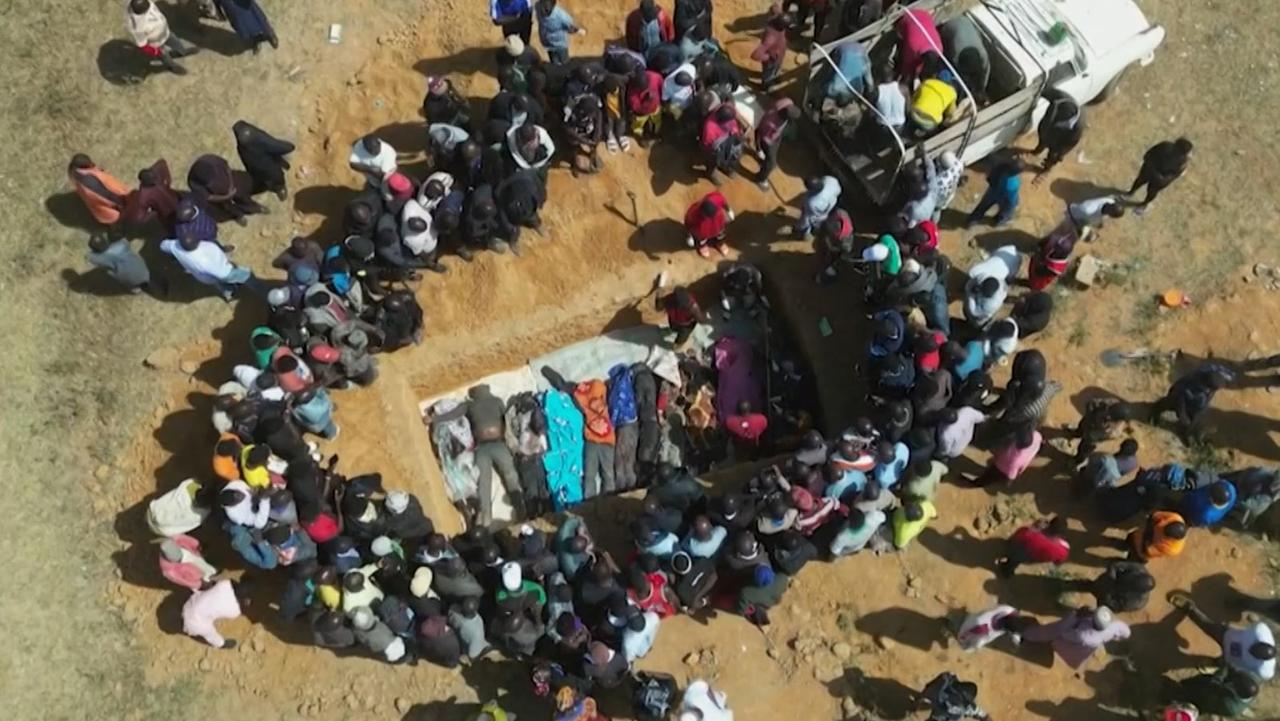
Christian parishioners were slaughtered on Christmas Day when armed bandits ran amok across central Nigeria, killing more than 100 worshippers.
Now fears are growing that Africa’s most populous nation is sliding towards anarchy.
While December 25 was a significant date on the Christian calendar, the heavily armed bandits didn’t restrict their killing spree to celebrants.
The rampage cut across some 20 central Nigerian communities along the boundary of the predominantly Christian south and Muslim north. More than 200 people are believed to have been beaten and shot to death. About half have been identified as Christian.
“The killers have turned the security agencies into objects of mockery and turned Nigerians into mere weeping, helpless victims and spectators,” Local Catholic Bishop Matthew Hassan Kukah said shortly after the attack.
He insists the bandits were “professionals”, with “sponsors in high places” and “embedded within the architecture of the state”.
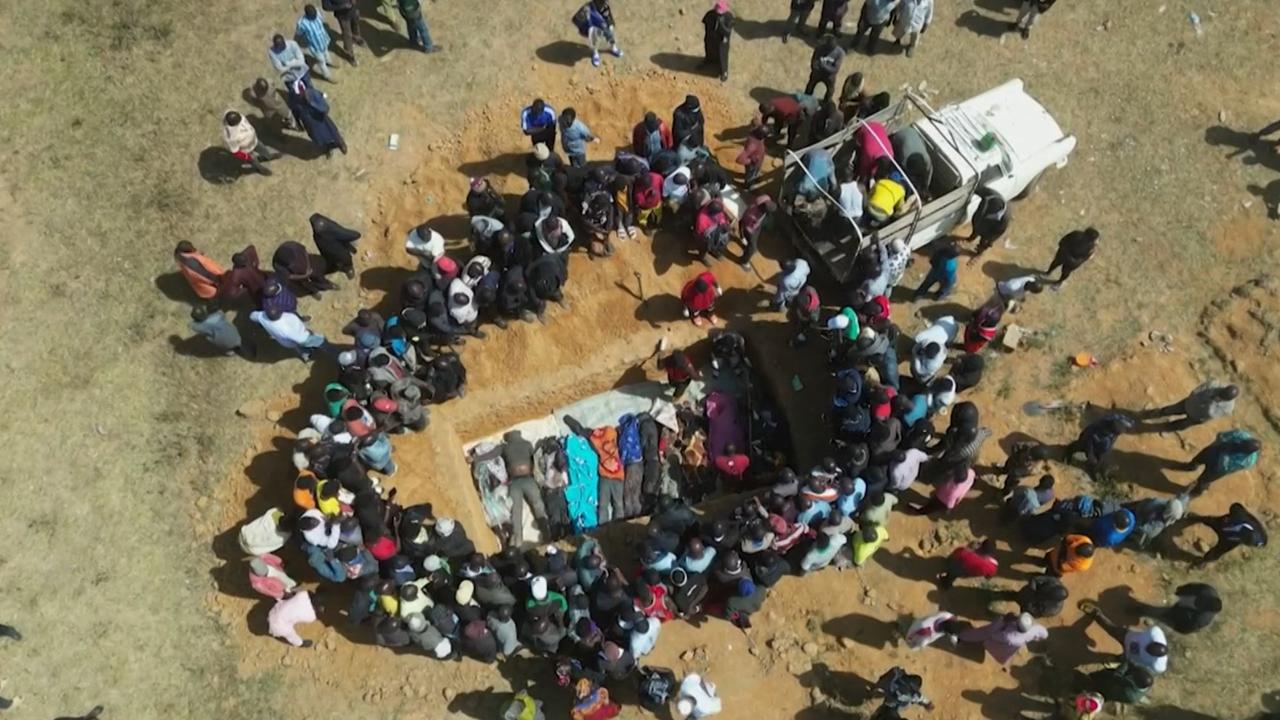
It’s a story of persecution being seized upon across the world.
“Not a day goes by when Christians are not terrorised in western Africa in the most grotesque ways imaginable,” United States Congress of Christian Leaders President Reverend Johnnie Moore declared on Fox News. “Christians are killed for sport, especially Christian children. For every massacre which you hear about, there are probably ten others which happened in the shadows. The death tolls are routinely in the hundreds.”
But Council on Foreign Relations (CFR) senior fellow Ebenezer Obadare says claims of a specific campaign against Christians don’t fit the events on the ground.
Instead, he says it’s symptomatic of a broader collapse in law and order within the nation of 200 million and the growing strength of the jihadist insurgency group Boko Haram.
“For every Nigerian Christian killed, there seems to be a commensurate number of ‘moderate Muslims’ similarly murdered,” Obadare wrote in an assessment Thursday.
“Finally, the Islamist insurgency appears not to have been too discriminatory in its choice of physical targets, attacking churches and other Christian places of worship much as it destroys mosques, government offices, post offices, schools, army barracks, and police stations.”
Unholy mess
The Christmas Day atrocity was the second mass killing for December.
The killing of 120 Muslims at a celebration of the birthday of the Prophet Mohammed on December 5 highlighted the incompetence of Nigeria’s US-backed military. Especially among Muslim nations.
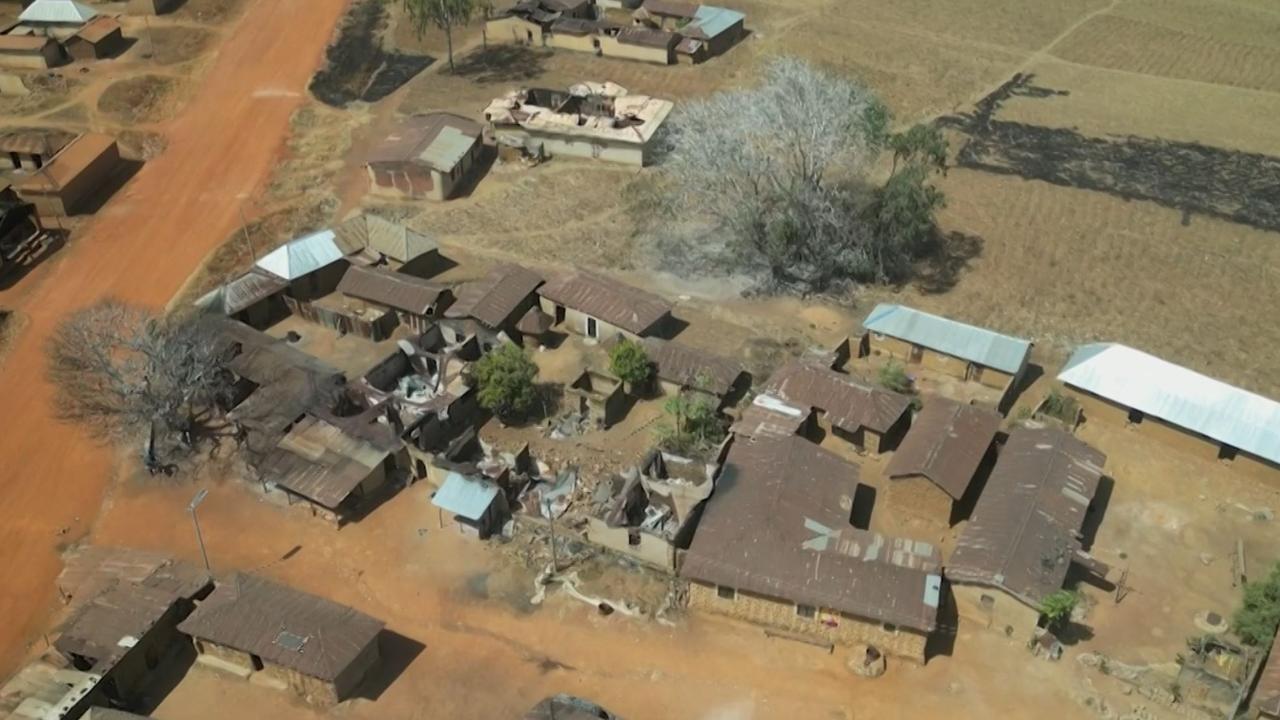
A drone attacked a community function at Tudun Biri in the nation’s north. A second air strike followed 30 minutes later – killing dozens of those rushing to aid victims.
Army spokesman Brigadier General Onyema Nwachukwu said operational intelligence had determined the group to be hostile. The officers “misinterpreted their pattern of activities to be similar to that of the bandits,” he said.
Nigeria’s controversial President Bola Ahmed Tinubu – himself the subject of an inquiry into election irregularities – has ordered an investigation into the incident. No finding has yet been released.
“(The) case can be made that what we are witnessing is nothing but the downstream effect of the equal opportunity ineptitude with which Nigeria’s security and intelligence agencies have always been associated,” notes Obadare.
“For reasons ranging from pervasive kidnapping to unprovoked attacks by armed bandits, the majority of Nigerians—Christian and Muslim — no longer feel safe in their homes or on the streets.”
Another ‘nakba’ or ‘diaspora’?
Despite the widespread nature of the violence, Nigeria’s Christian leaders fear ongoing attacks on their congregations are part of a deliberate plan to force them out of the country. They compare their experience to that of the expulsion of the Jews from Israel by the Romans in 72AD (the Diaspora) and the eviction of Palestinians by Israel in 1949 (the Nakba).
“Recently, this Displacement Hypothesis has gained more converts, many won over by the sheer statistics,” Obadare notes.
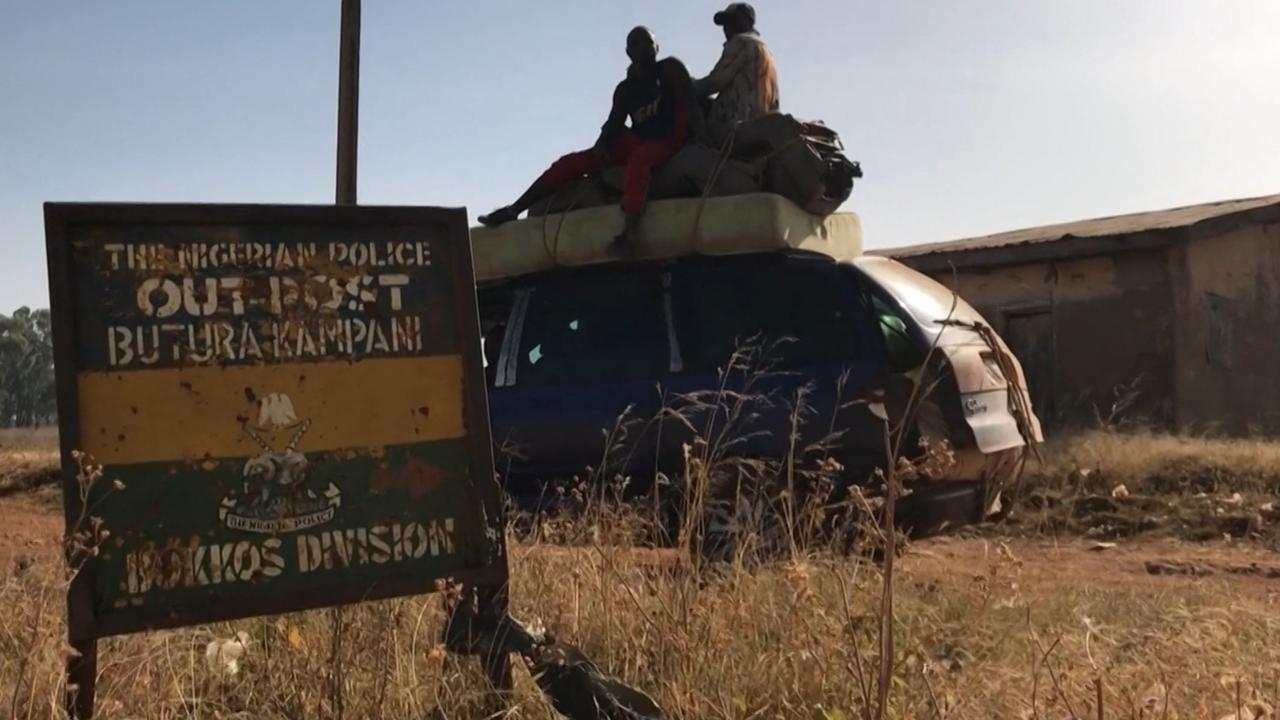
Boko Haram and other armed gangs have forced more than three million people from their homes in Nigeria’s North-East and Middle Belt lands since 2021. Most were Christian communities. And the recent Christmas Day massacre prompted a further 10,000 to flee another 19 communities in Plateau State.
But a significant portion of the displaced include residents of non-aligned Muslim townships and followers of traditional Nigerian beliefs.
“Boko Haram and the Islamic State West Africa Province attack both Christians and Muslims as well as government assets. But when Christians are victims, it tends to remind them of the groups’ avowed goal of establishing an Islamic caliphate,” argues Nigerian Nasarawa State University professor of political science Jideofor Adibe.
Failed state
Obadare says the Christmas Day attack was notable for “the sheer brazenness of the marauders who … set upon their targets in the most cold-blooded manner and behaved with all the swagger of a group perfectly aware of its superiority (in both firepower and tactics) to local security and intelligence agencies.”
“More troubling is the tone of frustration and near-resignation underlying much of the public reaction to the tragic incident,” he adds.
Disregard for human life and dignity is widespread. And Nigeria’s police and legal institutions appear unwilling – if not incapable – of doing anything about it.
In 2014, Boko Haram jihadists kidnapped 276 primarily Christian schoolgirls from classes being held in the town of Chibok.
Rape, ransoming and random destruction are part of the insurgent group’s playbook.
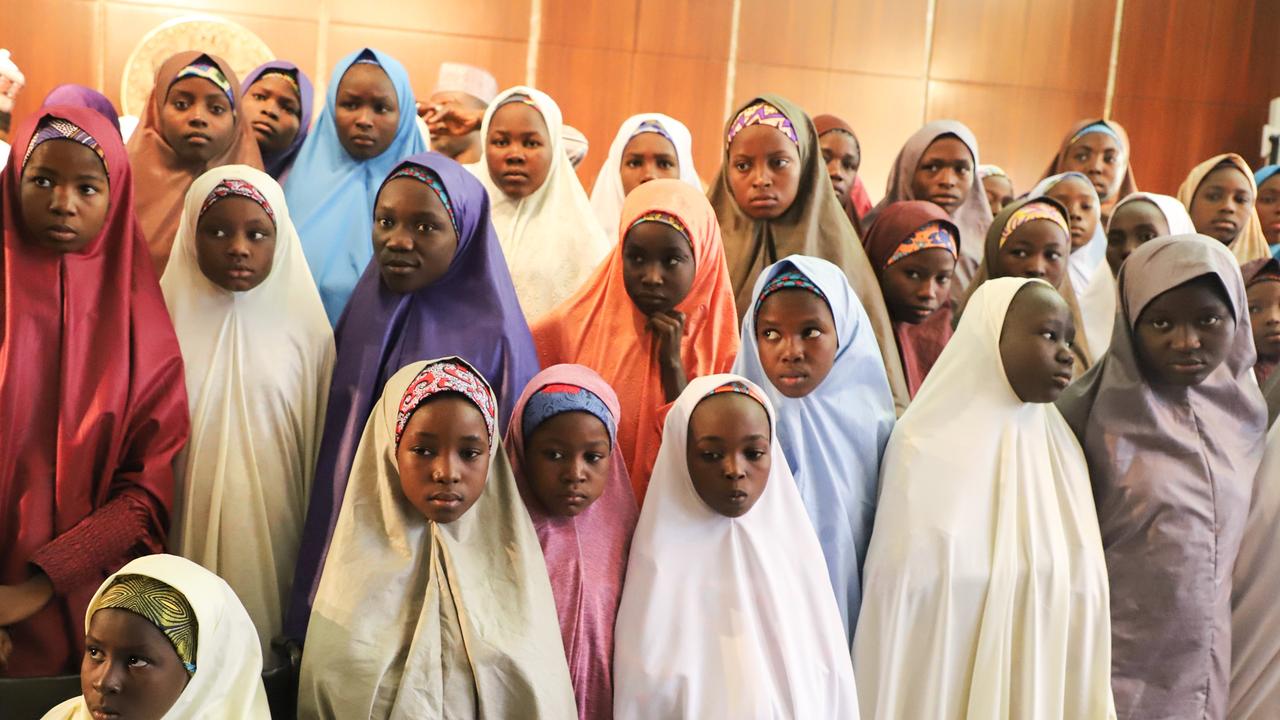
Nigeria’s Christian communities have also been accused of atrocities. Pentecostal “miracle ministries” face widespread claims of torturing and killing thousands of children after accusing them of being “possessed by evil spirits” and “witchcraft”.
Government agencies have been accused of failing to pursue offenders from both religious extremes for fear of invoking a broader public backlash.
‘Hyperthreat’ case study
Nigeria is Africa’s largest economy. But it’s set to cede that title to South Africa as mining, industrial, and food production collapses into the hands of organised crime amid an absence of law and order.
And the accelerating advance of the desert amid lingering drought in northeast Nigeria is adding further fuel to the fire in the form of forced migration.
International analysts have labelled this domino effect a “hyperthreat” scenario – where society begins to collapse under a multitude of pressures.
The particular convergence affecting Nigeria’s Plateau State involves rising tensions between migrant ethnic Fulani cattle herders and indigenous farming communities.
The (mainly Muslim) Fulani accuse the townspeople of cattle rustling. The (mostly Christian) townspeople accuse the Fulani of destroying their crops.
Both groups were victims of the Christmas Day attacks. And each blames the other.
Irreconcilable differences
“The Fulani came and for no just reason, they began to kill our people, burn our houses, destroy properties, animals and everything. We don’t have food to eat or water to drink,” stated Plateau State community head Edward Dikos.
“They came and started burning Fulani houses, and all their belongings and they had to run for their lives,” added Fulani leader Garba Abdullahi Muhammad.
Exactly who was responsible for the atrocities – Boko Haram, armed criminal gangs or conflicted communities – is yet to be determined.
More Coverage
But Nigeria’s government insists it can fix the problem.
“We came to power, promising to uphold the sanctity of every citizen’s life, and now is the time to assure you that this intercommunity violence, which has hijacked the humanities and serenities of this beautiful state, will never persist under our watch,” Nigeria’s vice president, Kashim Shettima told representatives of both groups during a recent visit.
“While it may seem that we have failed you in your time of dire need, while it may seem that you are all alone, I assure you that this government, and most particularly (President) Bola Ahmed Tinubu, is here to protect you.”






